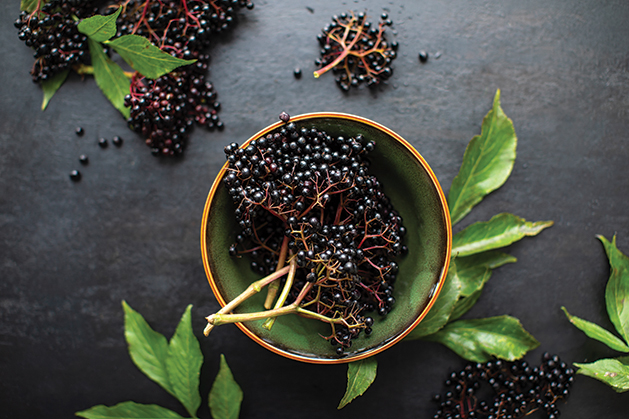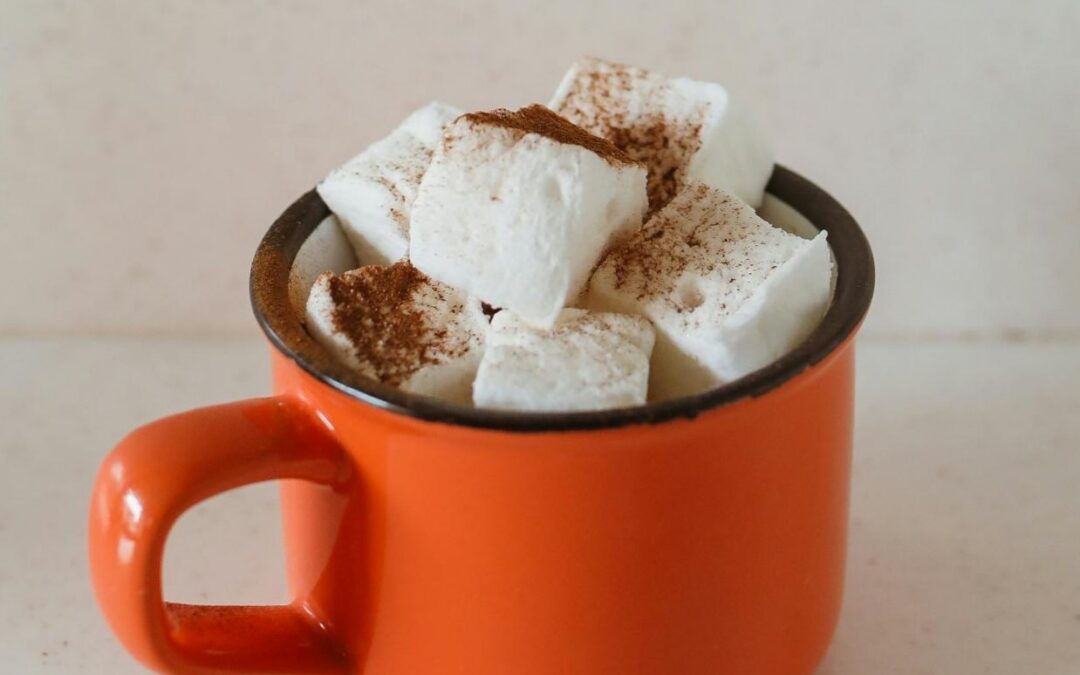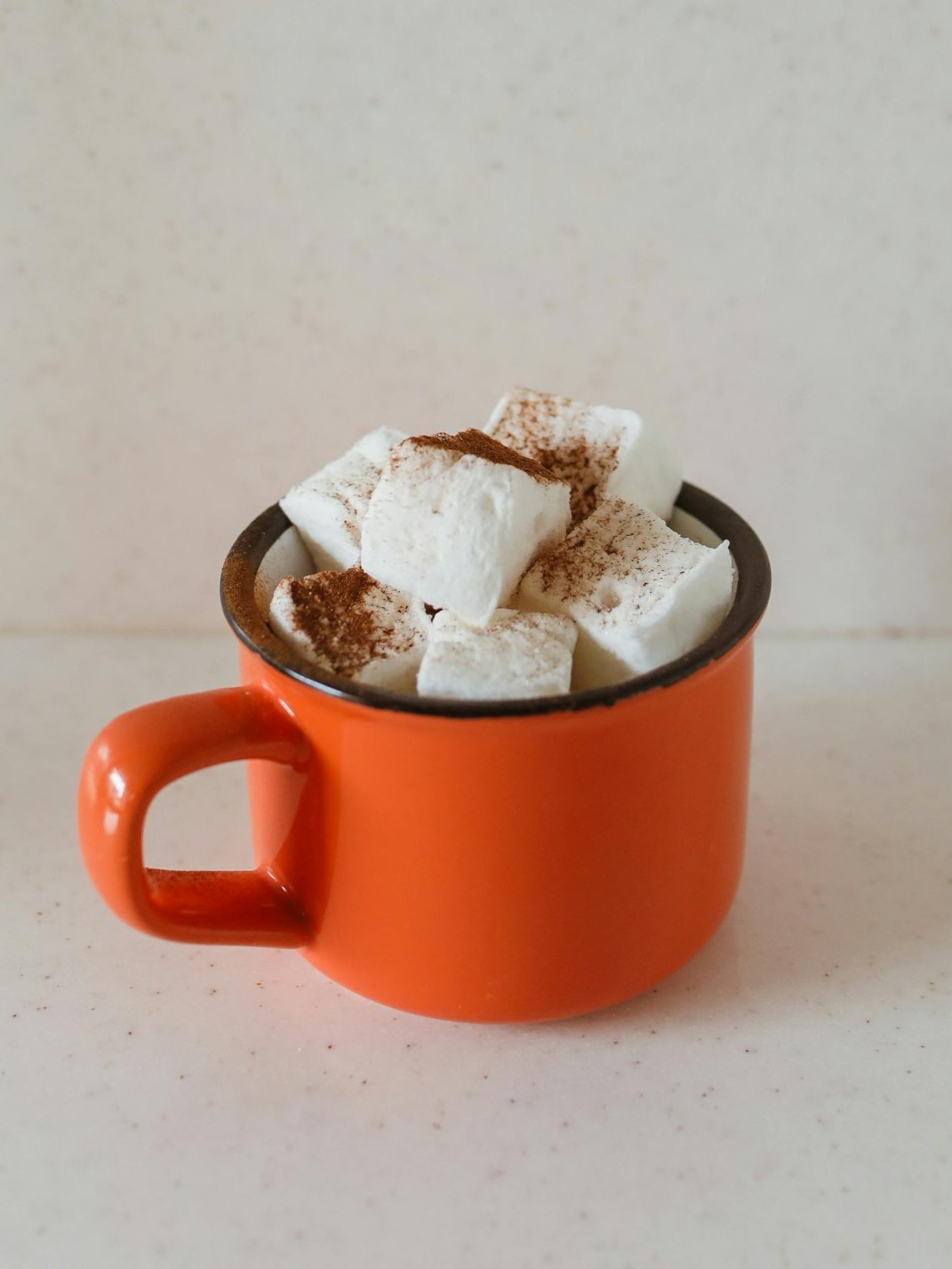
iStock/Fattyplace
Soothe what ails you with nature’s pharmacy.
In January—often a time of colds and sniffles—I look to a medicine shelf full of dried wild and weedy plants and mushrooms I collected during the warmer months. I have discovered that, for almost all of the usual symptoms that might send me to the pharmacy for over-the-counter medications, I can turn instead to what is available in the woods and gardens right around me.
For general immune support, I brew tea of self-heal (an unremarkable purple-flowered garden weed that grows amid the creeping Charlie) or turkey tail mushroom (found on dead logs and extensively studied in clinical research) or take a spoonful of elderberry syrup (thanks to my neighbors, who grow a hedge of this native shrub, which fruits in late August).
For coughs and mucus, I brew another tea of dried mullein leaves (the big fuzzy-leafed weed that forms a rosette during its first year and yellow flower spike its second year). Burdock root, the long tough root of the rhubarb-looking weed that makes nasty burs in July, is both edible (a prized ingredient in Japanese cooking) and acts as an effective anti-inflammatory when boiled into a tea. Left to sit overnight, the tea turns from brown to a remarkable bright green color.
With so many plants readily accessible and so much herbalist information easily available online, our open spaces can double as our pharmacies.




















